Stephen Doster
-

The best of both worlds: Blending assays to understand human genome regulation
Assistant Professor of Biochemistry Emily Hodges and graduate student Tyler Hansen used a blended approach to create a new, multi-omic method to identify and characterize gene regulatory elements—non-coding DNA sequences that control gene expression—in the human genome. The new technique, ATAC-STARR-seq, was published in Genome Research. During… Read MoreSep. 20, 2022
-
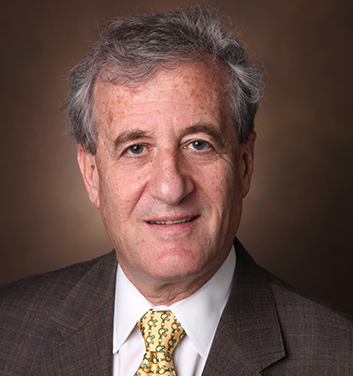
Roden leads effort to map heart disease-causing genetic variations
One in 100 people have genetic variations that can cause potentially life-threatening heart conditions, including high cholesterol (lipid disorders), heart muscle disease (cardiomyopathies), and abnormal heart rhythms (arrhythmias). Yet the functional impact of most of these cardiovascular genetic variants — whether they disrupt normal function or are harmless — is… Read MoreSep. 15, 2022
-
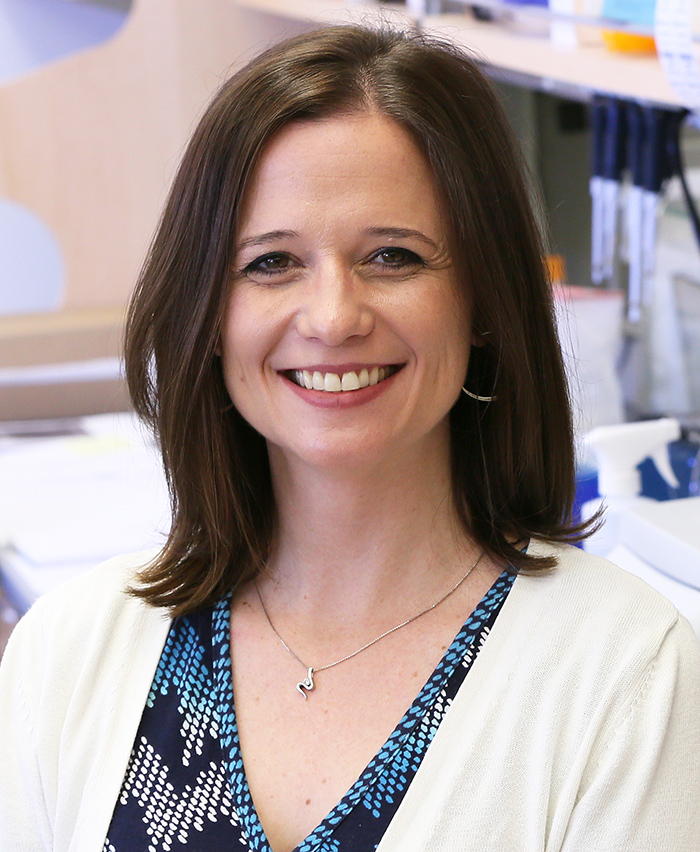
Emily Hodges and Terunaga Nakagawa named 2022 Stanley Cohen Innovation Fund recipients
The Stanley Cohen Innovation Fund provides a yearly award to support innovative and groundbreaking research at Vanderbilt University. This year, after a competitive application process, Emily Hodges, assistant professor of biochemistry, and Terunaga Nakagawa, associate professor of molecular physiology and biophysics, were named as the 2022 recipients. Read MoreSep. 15, 2022
-
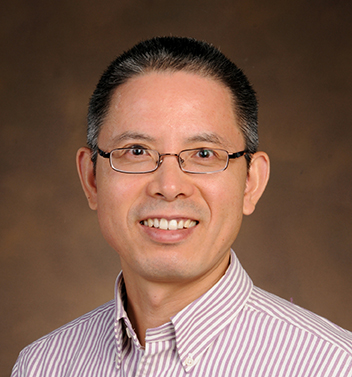
Immune cells drive beta cell loss in Type 2 diabetes
Obesity and overnutrition increase the risk of Type 2 diabetes through several mechanisms. One of these is through loss of the insulin-producing beta cells of the pancreatic islet. Wenbiao Chen, PhD, and colleagues previously have shown that overnutrition stressed the endoplasmic reticulum, the part of the beta… Read MoreSep. 8, 2022
-
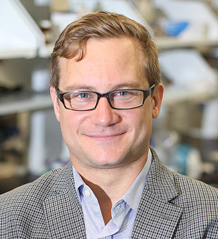
John Wilson to use $3 million grant to develop technology to help cancer patients better fight disease
John Wilson, associate professor of chemical and biomolecular engineering at Vanderbilt University, has received a $3 million grant from the National Cancer Institute to develop technology that seeks to boost a person’s immune system to better fight cancer. Wilson is the Principal Investigator of the five-year grant. He specializes in… Read MoreSep. 7, 2022
-
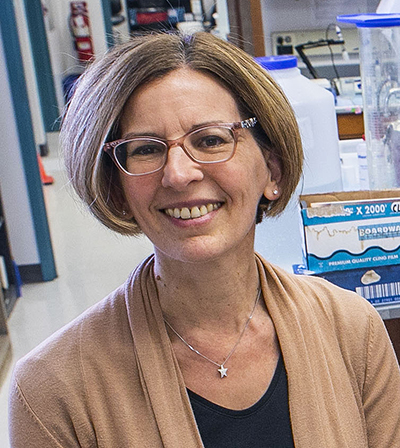
Alissa Weaver & Matthew Tyska named 2022 ASCB Fellows!
Alissa Weaver, Professor and Cornelius Vanderbilt Chair, Vanderbilt University, and Matthew Tyska, Cornelius Vanderbilt Professor, Vanderbilt University have been named 2022 ASCB Fellows. “The 2022 ASCB Fellows are individuals who have contributed broadly and significantly to the cell biology community and to the Society. We honor their scientific achievement and their… Read MoreSep. 2, 2022
-
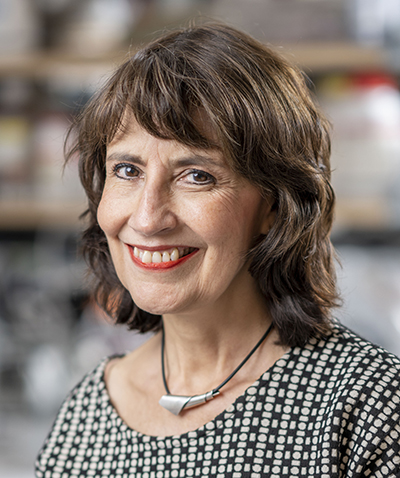
Nancy Carrasco Named a 2023 2023 Biophysical Society Fellow
Nancy Carrasco was recently named a 2023 Biophysical Society Fellow “for her broad-reaching studies of the sodium/iodide transporter including cloning and structure determination together with its roles in physiology and disease, and her impressive service to the Biophysics community.” The Biophysical Society is delighted to announce its 2023 Society Fellows. Read MoreSep. 1, 2022
-

Basic Science researchers gain access to BioRender Premium
By Emily Overway Updated May 2025 Thanks to a partnership between the Vanderbilt University School of Medicine Basic Sciences and the Office of the Vice Provost for Research, all graduate students, postdoctoral fellows, staff, and primary faculty in the SOMBS have access to BioRender Premium. You can… Read MoreSep. 1, 2022
-

A new mechanism for lupus
Systemic lupus erythematosus (SLE) — the most common form of lupus — is an autoimmune disease that causes widespread inflammation and tissue damage. David Harrison, MD, and colleagues have now described a new mechanism responsible for SLE. They found that in humans with SLE and in two… Read MoreSep. 1, 2022
-

Curriculum Revision Builds a Foundation for Ph.D. Students to Succeed
An essential component of a graduate student’s training is the first-year coursework, which fosters the skills needed to be an independent researcher, such as critical literature analysis, the ability to understand the current state of a given field, and hypothesis generation. In the spring of 2020, a committee comprising faculty… Read MoreAug. 30, 2022